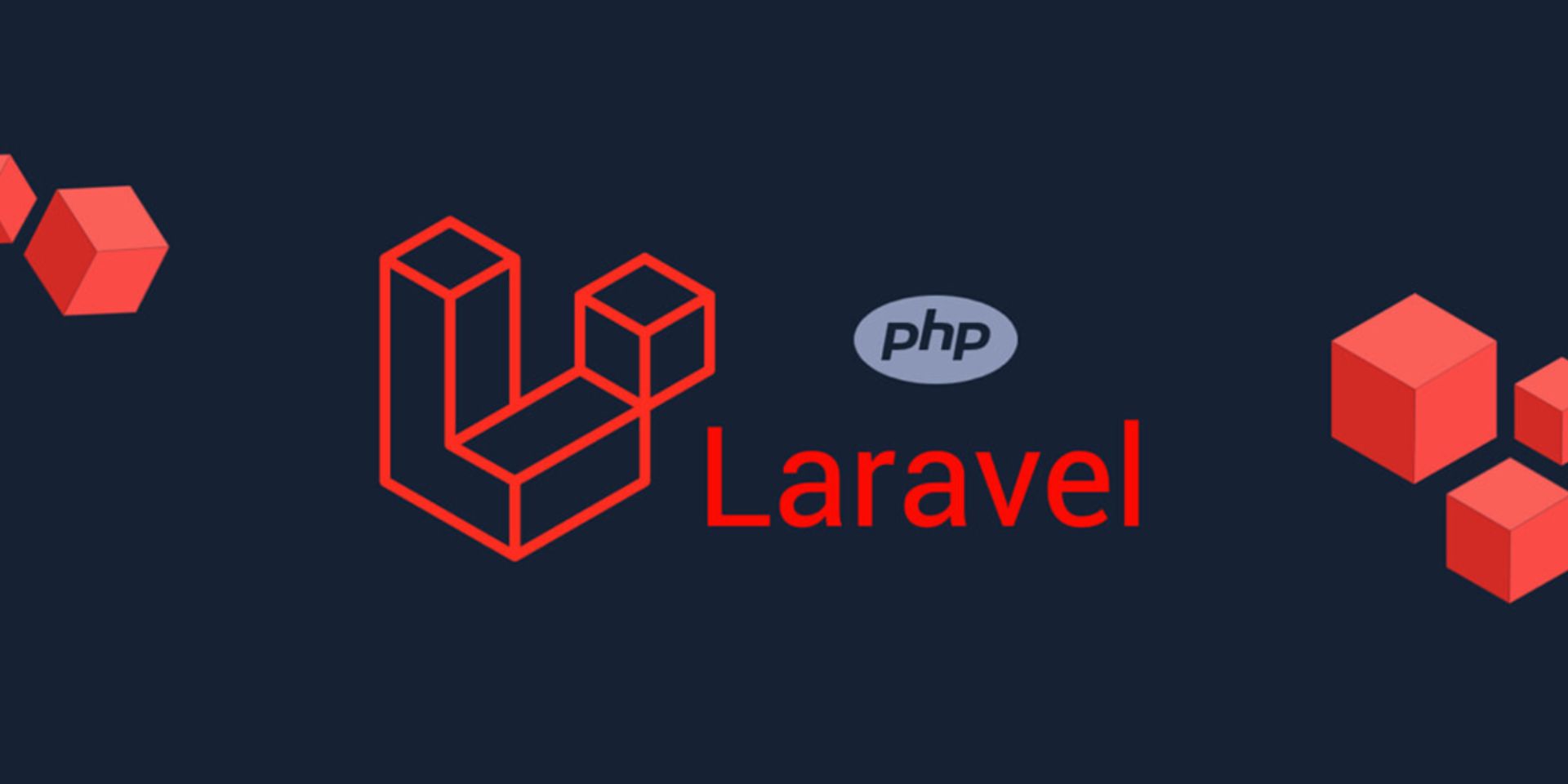
How a Junior Developer Can Become a Senior in the Market: A Roadmap to Success
A comprehensive guide to help junior developers transition into senior roles by mastering technical skills, communication, and personal branding.
The journey from being a junior developer to a senior developer is both challenging and rewarding. It requires not just technical expertise but also a mindset shift, effective communication, and a commitment to continuous learning. In this blog post, we’ll explore the key steps and strategies that can help you level up in your career, using concepts like requirements vs. expectations, deadlines and estimations, communication, and more. We’ll also touch on tools like Git, Docker, and Linux, and why it’s important to avoid misinformation, step out of your comfort zone, and build your personal brand.
1. Understand Requirements vs. Expectations
As a junior developer, your primary focus is often on meeting the technical requirements of a task. However, senior developers go beyond the basics---they understand the expectations behind the requirements. This means asking questions like:
- What problem are we solving?
- Who is the end user?
- What is the business goal?
By aligning your work with both the technical requirements and the broader expectations, you demonstrate a deeper understanding of the project and its impact. This is a key trait of a senior developer.
2. Master Deadlines and Estimations
One of the biggest challenges for junior developers is accurately estimating how long a task will take. Senior developers, on the other hand, have honed this skill through experience. Here’s how you can improve:
- Break tasks into smaller, manageable chunks.
- Factor in time for testing, debugging, and unexpected issues.
- Communicate early if deadlines are at risk.
Remember, it’s better to under-promise and over-deliver than to miss a deadline.
you can read more here: The Art and Struggle of Software Estimations: A Discussion from Socrates Meetup
3. Communicate Effectively
Communication is a cornerstone of senior-level work. Whether you’re explaining a complex technical concept to a non-technical stakeholder or collaborating with your team, clarity is key. Tips to improve:
- Avoid jargon when speaking to non-technical audiences.
- Document your work thoroughly.
- Be proactive in sharing updates and asking for feedback.
Miscommunication can lead to misinformation, which can derail projects. Always double-check your understanding and clarify doubts.
4. Avoid Misinformation
In the fast-paced world of tech, misinformation can spread quickly. Whether it’s outdated documentation, incorrect assumptions, or unreliable sources, always verify your information. Cross-check with official documentation, trusted resources, or experienced colleagues.
5. Step Out of Your Comfort Zone
One of the biggest barriers to growth is staying in your comfort zone. Senior developers are constantly learning and taking on new challenges. Here’s how you can do the same:
- Volunteer for tasks outside your expertise.
- Learn new programming languages or frameworks.
- Contribute to open-source projects.
Remember, growth happens when you push your boundaries.
6. Build Your Personal Brand
Your personal brand is how the market perceives you. Senior developers are often recognized for their expertise and contributions. To build your brand:
- Share your knowledge through blogs, tutorials, or social media.
- Network with other developers at meetups or conferences.
- Contribute to the community by answering questions on platforms like Stack Overflow.
A strong personal brand can open doors to new opportunities.
7. Use the Right Tools
Senior developers are proficient with tools that streamline their workflow. Here are a few essentials:
- Git: Master version control to collaborate effectively and manage code changes.
- Docker: Learn containerization to simplify deployment and testing.
- Linux: Familiarize yourself with the command line and scripting for efficient system management.
These tools are industry standards and will make you a more versatile developer.
8. Learn and Avoid Relying Solely on AI
While AI tools like ChatGPT and GitHub Copilot can be incredibly helpful, relying on them too much can hinder your growth. Use them as aids, not crutches. Focus on understanding the underlying concepts and writing code yourself. This will deepen your knowledge and make you a better problem-solver.
9. Avoid Stress
The tech industry can be stressful, but senior developers know how to manage it. Here’s how you can too:
- Prioritize tasks and focus on what’s important.
- Take breaks to avoid burnout.
- Practice mindfulness or other stress-relief techniques.
A calm mind is more productive and creative.
10. Leverage Resources Like Algo.Monster
To accelerate your learning, consider using platforms like Algo.Monster. Whether you’re preparing for technical interviews or brushing up on algorithms, Algo.Monster offers structured learning paths and practice problems. If you’re interested, you can use the referral link above or visit the non-referral link here.
Final Thoughts
Becoming a senior developer is not just about writing code---it’s about understanding the bigger picture, communicating effectively, and continuously improving. By focusing on these areas and using the right tools and resources, you can position yourself as a valuable asset in the market. Remember, the journey is a marathon, not a sprint. Stay curious, stay hungry, and keep growing.
Good luck on your journey to seniority! 🚀

